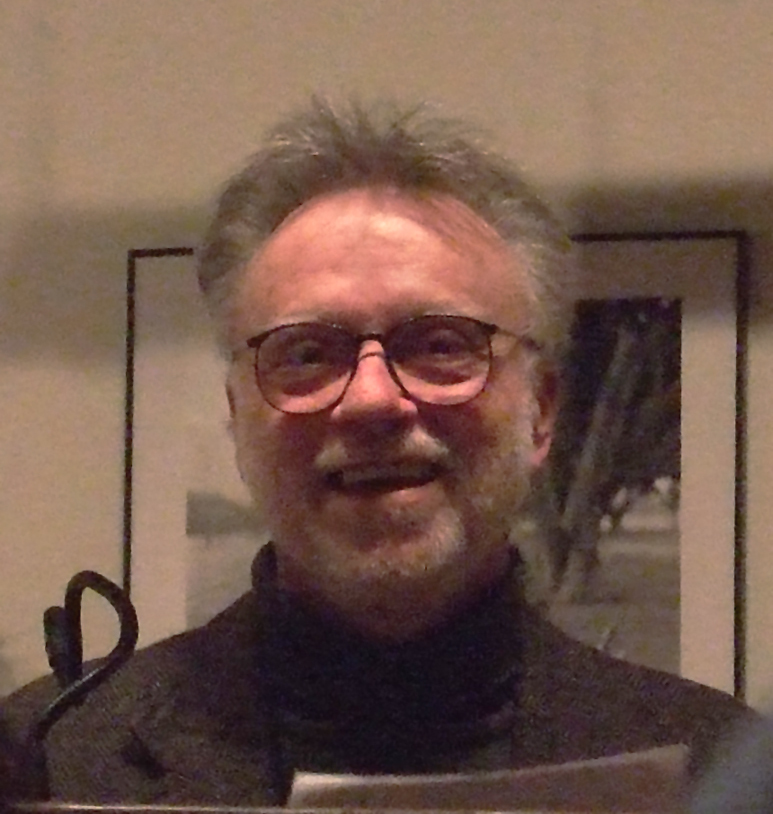 author
authorDiscover the Best Books Written by Rudyard Kipling
Joseph Rudyard Kipling was an English novelist, short-story writer, poet, and journalist. He was born in British India, which inspired much of his work. Kipling's works of fiction include the Jungle Book duology (The Jungle Book, 1894; The Second Jungle Book, 1895), Kim (1901), the Just So Stories (1902), and many short stories, including "The Man Who Would Be King" (1888).
His poems include "Mandalay" (1890), "Gunga Din" (1890), "The Gods of the Copybook Headings" (1919), "The White Man's Burden" (1899), and "If—" (1910). He is seen as an innovator in the art of the short story. His children's books are classics; one critic noted "a versatile and luminous narrative gift."
Kipling in the late 19th and early 20th centuries was among the United Kingdom's most popular writers. Henry James said, "Kipling strikes me personally as the most complete man of genius, as distinct from fine intelligence, that I have ever known." In 1907, he was awarded the Nobel Prize in Literature as the first English-language writer to receive the prize, and at 41, his youngest recipient to date.
He was also sounded out for the British Poet Laureateship and several times for a knighthood but declined both. Following his death in 1936, his ashes were interred at Poets' Corner, part of the South Transept of Westminster Abbey. Kipling's subsequent reputation changed with the political and social climate of the age. The contrasting views of him continued for much of the 20th century.
Literary critic Douglas Kerr wrote: "[Kipling] is still an author who can inspire passionate disagreement and his place in literary and cultural history are far from settled. But as the age of the European empires recedes, he is recognized as an incomparable, if controversial, interpreter of how empire was experienced. That, and an increasing recognition of his extraordinary narrative gifts, make him a force to be reckoned with."
Rudyard Kipling was born on 30 December 1865 in Bombay, in the Bombay Presidency of British India, to Alice Kipling (born MacDonald) and John Lockwood Kipling. Alice (one of the four noted MacDonald sisters) was a vivacious woman of whom Lord Dufferin would say, "Dullness and Mrs. Kipling cannot exist in the same room." John Lockwood Kipling, a sculptor and pottery designer, was the Principal and Professor of Architectural Sculpture at the newly founded Sir Jamsetjee Jeejebhoy School of Art in Bombay.
John Lockwood and Alice met in 1863 and courted at Rudyard Lake in Rudyard, Staffordshire, England. They married and moved to India in 1865 after John Lockwood had accepted the position of Professor at the School of Art. They had been so moved by the beauty of the Rudyard Lake area that they named their first child after it Joseph Rudyard. Two of Alice's sisters were married to artists: Georgiana to the painter Edward Burne-Jones and her sister Agnes to Edward Poynter.
A third sister, Louisa, was the mother of Kipling's most prominent relative, his first cousin Stanley Baldwin, who was Conservative Prime Minister of the United Kingdom three times in the 1920s and 1930s. Kipling's birth home on the campus of the J.J. School of Art in Bombay was for many years used as the dean's residence. Although a cottage bears a plaque noting it as his birth site, the original one may have been torn down and replaced decades ago.
Some historians and conservationists believe that the bungalow marks a site close to the home of Kipling's birth, as it was built in 1882 – about 15 years after Kipling was born. Kipling seems to have said as much to the dean when visiting J. J. School in the 1930s.
Best author’s book























